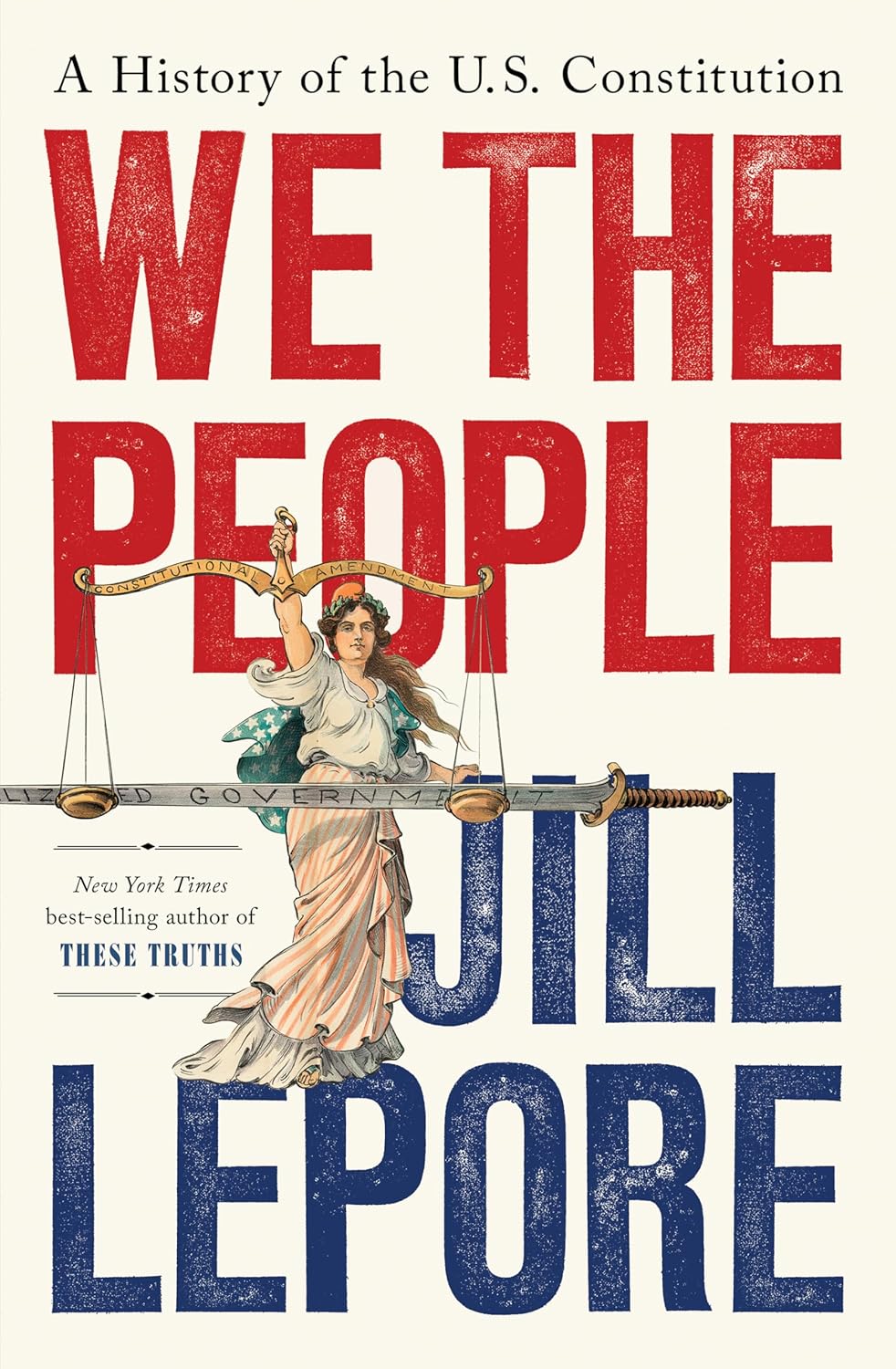When Jill Lepore, a professor at Harvard Law School and Harvard University, asked her undergraduate history students to hold a mock constitutional convention as part of their required coursework a few years ago, she wanted to point them to a searchable record of past proposed amendments to the United States Constitution as a model for their efforts.
There was just one problem: She couldn’t find one. People have made lists of proposed amendments and petitions for amendments since at least as far back as 1891. The National Archives released one in 2016; and Daniel Carpenter, a professor of government at Harvard, led a team of researchers who compiled a database of congressional petitions through 1949. But no one had ever pulled together the text of every proposed amendment to the U.S. Constitution.
“I was shocked that there was no easily usable, publicly available database even of the amendments that had been introduced on the floor of Congress” over the country’s history, says Lepore. “I thought, this is crazy that this doesn’t exist, and I really wanted it to exist for the sake of anyone trying to teach constitutional history.”
So, she and several students, in partnership with the Comparative Constitutions Project, created the tool they needed. The Amendments Project went live in 2023 and includes thousands of failed amendments, not just joint resolutions from Congress but also never-acted-on petitions submitted to Congress from members of the public. Providing all that material in one place for researchers and students was a first-of-its-kind accomplishment.

For Lepore, the process also proved to be a powerful inspiration for her new book, “We the People: A History of the U.S. Constitution,” which argues that the charter’s ineffective mechanism for amendment has driven both progressives and conservatives to seek change through the courts and, ultimately, has contributed to the country’s profound political polarization. (Despite thousands of petitions and proposed amendments, that mechanism, Article V, has led to only 27 amendments since 1789.)
The book’s publication comes as the country approaches its 250th anniversary.
“It’s an interesting moment for people to think about these questions,” Lepore says. “We should be able to ask, ‘Do we have the Constitution we want?’ In the United States, we’re all frozen, waiting on the edge of our seats for the next Supreme Court decision. That we could imagine for ourselves what we want as a people is beyond our imagination right now.”
Even before the Amendments Project, Lepore had been interested in writing a history of the Constitution. When she was working on her 2018 book, “These Truths: A History of the United States,” one of her goals was to integrate the founding documents into a narrative history of the country — no small task, considering that the Constitution’s interpretation has in recent decades been dominated not by historians but by legal scholars, attorneys, and judges who adhere to an approach known as originalism. When interpreting the document, as well as the first 10 amendments, originalists, who now hold a majority on the U.S. Supreme Court, often focus on a select few sources from the time of the country’s founding: among them, James Madison’s notes from the Philadelphia convention, the Federalist Papers, and records from state ratifying conventions. That’s “an artificially bounded historical record that disadvantages the descendants of people who were disenfranchised or poorly enfranchised at the time the Constitution was written,” Lepore writes in her book.
“Historians don’t think that way about the past,” she says. “I’m trying to widen the lens we use to look at the history of the Constitution.”
Lepore’s book, for instance, includes extensive details from records about Native American engagement with the Constitution and with their own tribal constitutions; the independence movement in Puerto Rico; and the efforts of women and enslaved people to influence the U.S. and state constitutions. The first women’s rights convention was held in 1848; women held 19 more over the next 12 years. (In 1776, Abigail Adams wrote to her husband, John Adams: “I desire you would Remember the Ladies. … Remember all Men would be tyrants if they could.”) Free Black men seeking the vote held 62 conventions between 1830 and 1861.
“Those were effectively constitutional conventions — a bunch of people gathering together to think about constitutionalism,” Lepore says. “You probably think, of course [the records from those] are constitutional history documents. But they’re not in the way the law thinks about it; they’re never cited in Supreme Court opinions. If you weren’t a person who was enfranchised, your views didn’t get codified; they barely entered the historical record.”
Lepore, who has taught law school classes informed by the research for her book with Professor Kenneth W. Mack ’91 and Visiting Professor James Salzman ’89, says she isn’t making an argument against originalism; instead, she’s trying to “establish a countervailing tradition, which I call the philosophy of amendment, which is antithetical to the philosophy of originalism, and original to the Constitution.”
“In the United States, we’re all frozen, waiting on the edge of our seats for the next Supreme Court decision. That we could imagine for ourselves what we want as a people is beyond our imagination right now.”
She notes throughout the book that the Constitution’s amendability was seen as an escape hatch for a future dissatisfied citizenry (indeed, she makes clear that many people, including the Constitution’s framers, were dissatisfied with the document from the start). But she also points out there is no guarantee that amendment would make the Constitution or the country better. That said, “it matters to the legitimacy of the Constitution that it is unamendable at the moment.”
“If we had a constitutional convention, plenty of us would end up with results we don’t like,” she says. “But taking risks is what it means to live in a democracy. Having the public discussion matters and is good for democracy. It’s a little bit like jury duty: It lets you stretch your muscles as a citizen. When you stop doing that, when you fear your fellow citizens, that means your constitutional system is no longer working. That’s what history tells us.”
